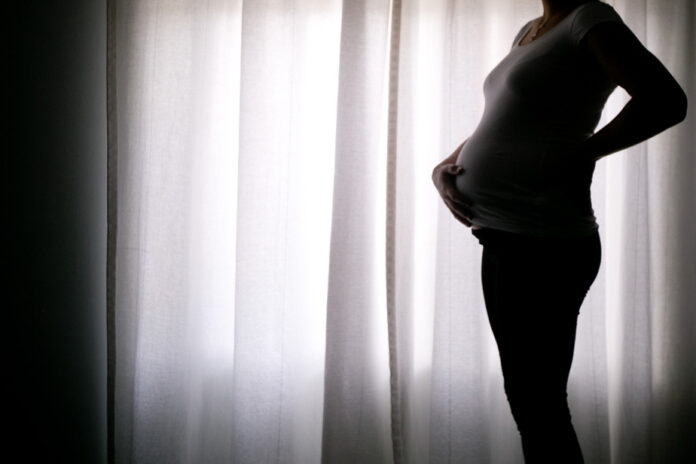The law that Quebec is about to enact takes for granted that surrogate pregnancy is “ineluctable”, while many organizations around the world are sounding the alarm and countries are banning this practice, the group argued in a parliamentary committee. For the rights of women in Quebec.
The brief, written by Claire Aubin, Athena Davis, Alexandra Houle, and Michèle Sirois, calls on Quebec to resist “the global trade in surrogacy.” “Surrogacy is presented as progress for some, while all the risks are taken by the women, egg providers and surrogate mothers, and all the profits go to the industry and the customers who order the children. As for the children, they undergo the desire of the adults without having a voice or protectors”, it is written.
In Canada, the use of surrogates is legal, provided that they receive no remuneration and that only their expenses are reimbursed. In some Canadian provinces (including Ontario), agreements between intended parents and surrogate mothers are recognized by law and the birth certificate may bear the name of the intended parents from the outset. Through its bill, Quebec in turn intends to recognize the agreements between the parties.
The group Pour les droits des femmes du Québec argues that many countries prohibit surrogate pregnancy or regulate it much more tightly than Canada.
In fact, France, Switzerland, Germany and Spain are among the countries that prohibit it.
In Spain, Agence France-Presse reported this week, the baby of a 68-year-old Spanish actress and TV star born in Miami to a surrogate woman has raised the ire of the government, which considers surrogacy as a form of violence against women.
For its part, the LGBTQ Family Coalition is pleased in its brief that Quebec advocates “a relatively easy administrative procedure” so that intended parents are legally recognized, “without the obligation to go to court”.
This organization also finds it judicious that the Government of Quebec “grant maternity leave to the surrogate if she resides in Quebec”.
Instead, he recommends “that after birth, parentage of the intended parents be granted automatically, without giving a 30-day grace period to the surrogate,” as the bill provides.
For its part, the Conseil du statut de la femme praised in its brief several provisions of the Quebec bill which are in line with the recommendations it had already made, in particular the one requiring that a surrogate woman must necessarily be over 21 years.
The government agency is nevertheless concerned that the bill “is silent” on cases where a Quebec woman agrees to bear a child in order to deliver it to intended parents domiciled outside Quebec, which is significant in his opinion to the extent that research reports on “Canada’s attractiveness to foreign intending parents”.
The Conseil du statut de la femme is also concerned that “some surrogate women interviewed in empirical surveys consider that they have been insufficiently informed of the risks associated with in vitro fertilization treatments […]”.
For its part, the Association of Family Lawyers of Quebec is concerned that “the pregnancy agreement for others places the inherent risks on one person, the surrogate mother”.
This association evokes the risks of perinatal mortality, postpartum depression and the fact that according to some researchers, “pregnancies resulting from assisted reproduction carry more risk” than others.
The family law lawyers’ brief also refers to the Casablanca Declaration, signed on March 3 by 100 experts of 75 nationalities, which pleads for the abolition of surrogacy “in all its modalities and in all its forms, that whether it is paid or not”.
The Association of Family Lawyers nevertheless makes the complete analysis in 92 pages of the bill on the table, going there from a series of suggestions.
As for the Barreau du Québec, it sees several advances in the bill. However, he wants independent legal advice to be mandatory for both the intended parents and the woman carrying the child.
The group International Declaration of Women – Quebec section is concerned for its part that the government is preparing to remove the brake which, for the moment, protects Quebec from what it describes as “industry” of surrogate pregnancy.
In its brief signed by Ghislaine Gendron and Clémence Trilling, the group claims that the article of law stating that any agreement “by which a woman undertakes to procreate or bear a child on behalf of others is absolutely null » is maintained. (It is because of this article that couples, Quebec and elsewhere, currently prefer to go to other states where legal agreements are allowed.)
The International Women’s Statement group points out that eggs used in Canada often come from the United States, “a country that allows commercial practice, unlike Canada.”
It should be noted that no carrier woman filed a brief during the public hearings of the bill.


















